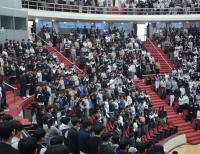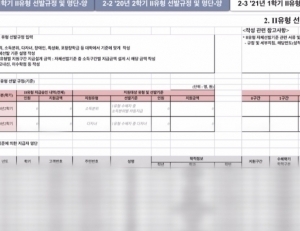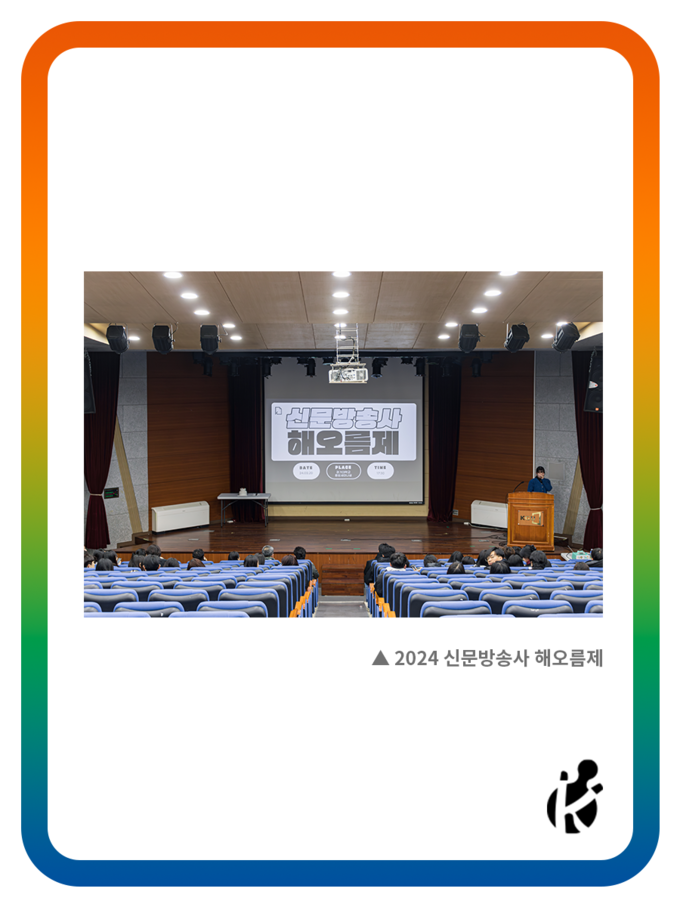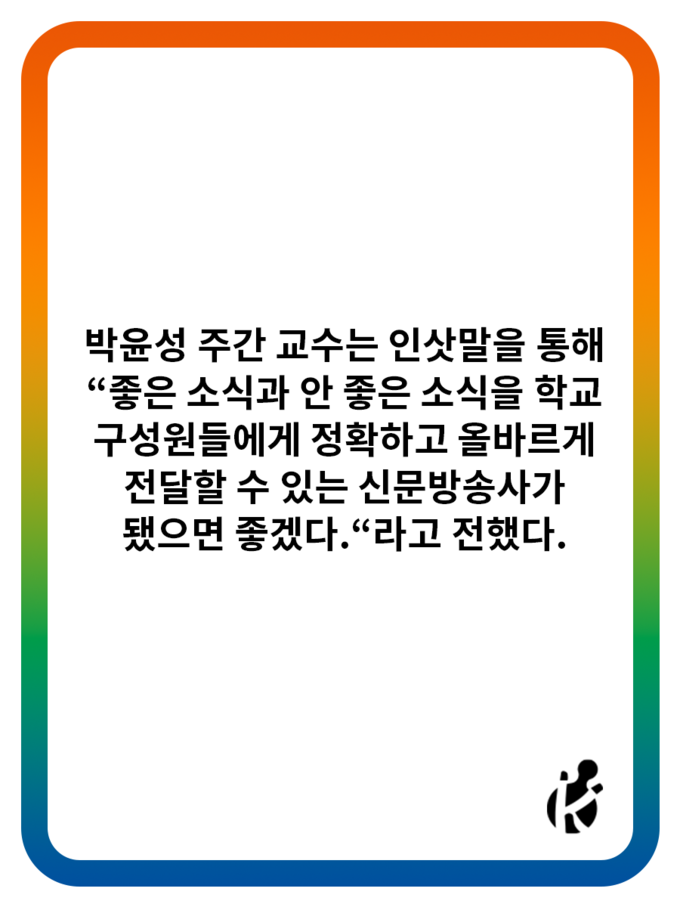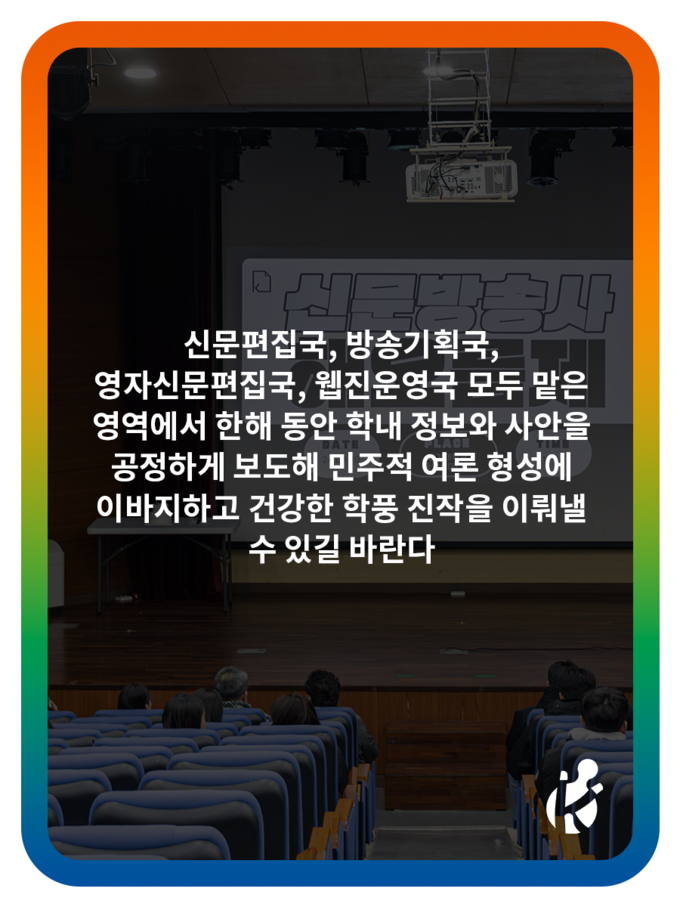The fixed book price system means that the price of books is set by the publisher and is clearly labeled. In addition, the fixed book price system is institution where the country regulates the discount rate of books so that all books are sold at a fixed price. The number of signatures on a national petition at the Cheongwadae website exceeded more than 200,000 people regarding the agenda to abolish the fixed book price system in November 2019. Since the deadline of the petition is November 2020, publishers, distribution centers and consumers are paying attention to the fixed book price system. Why do they argue about this and what effect does the fixed book price system have on publishers and bookstores? The Pharos wants to find out what is the book price system is and how the fixed book price system will affect book sales.
The fixed book price system is a system where the government forces bookstores not to sell books at a lower price than those set by publishers. In 1977, a fixed book price system was first implemented through an autonomous agreement between the publishers and bookstore industries. Later, at the close of the 1990s, the problem of mass marketing became an issue as the books were sold in large quantities at online bookstores or the supermarket. Mass marketing has provoked controversy that was not anticipated by the autonomous agreement. In response, the publication and promotion act of printing were enacted in to the law in 2002. It remains in its present form as details have been revised in 2008, 2012, and 2014. Currently, the government has abolished a draft proposal that allows book discounts 18 months after the publication of the book in order to root out expedient acts in book sales. Instead, the country has implemented the refixed book price system in consideration of the economic benefits of book sales. Regarding e-books, they receive international standard book numbers and are regulated by the same system as paper books. They also regulated by the fixed book price system. However, in the case of webtoons or web novels, the freedom is given to either receive an international standard book number or not. In the latter case, it is distributed to consumers without a book number.
What is the reason for the establishment of such a fixed book price system? The first reason is competition regarding excessive discounts. Prior to the revision of the fixed book price system, large numbers of bookstores and online bookstores applied a high discount rate to books, focusing on the price of books, not on the quality of books. Plus, they manipulated the best-seller books through controlling supply. This seems to have taken advantage of the trend of the book markets focusing on best-seller books. In addition, this has reduced the small bookstores and publishers, which have been pushed out of the price competition. Thus, the fixed book price system was established to play a vital role in helping the medium and small-sized bookstores or publishers to compete under the same conditions. The second reason is that it supports local bookstores and protects intellectual property rights in publications. Due to the fixed book price system, consumers can get away from the discounts that large bookstores and online bookstores focus on. Since all bookstores sell books at the same price, the gap between large bookstores and local bookstores is resolved in terms of prices. Therefore, consumers tend to buy books from local bookstores that are easily accessible.
The fixed book price system is also being implemented in some other countries. Globally, 16 countries, including Germany, France, Italy, Spain and Japan, have adopted the fixed book price system. Among them, the Pharos will focus on the case of France. France wanted to protect small and medium-sized publishers and local bookstores with the establishment of the fixed book price system at an early date, but abolished the fixed book price system in 1953. Then, as Amazon.com, a large online bookstore, entered the market, it took up most of the market share of online bookstores with the biggest discounts and services. Eventually, France reintroduced the fixed book price system (the so-called “Lang Law”) in 1981, strengthening it. So far, France has banned discount sales and free delivery at online bookstores under the “Anti-Amazon.com Law.” In France, books are subject to the fixed book price system within two years of publication, and only discounts are allowed within five percent. As an exception, the system will allow a 9 percent discount on purchases made by the state, local governments and educational institutions. On the other hand, England and America have not implemented the fixed book price system to emphasize the competition and efficiency of the book publishing market. As a result, some people say that the top 20 publishers account for 97 percent of the total market sales, making it an unbalanced publishing situation.
With the revision of the fixed book price system approaching, some people are calling for the abolition of the fixed book price system, not the maintenance of it. People are divided on the subject of whether the book price system should be abolished. In order to make it easier to grasp the opinions on this subject, the Pharos has summarized the pros and cons.
< </span>The Arguments in Support of Abolishing the System >
1. Expensive book prices: Higher prices and regulated discount systems increase the burden on consumers.
2. Decreased book rotation rate: In addition to new books, fixed price regulation reduces the opportunity to buy old books in bookstores at reasonable and low prices.
3. Reduced platform services: By this time, all works that have been available free of charge on various platforms such as KakaoPage and Naver Series are on the verge of no longer being free.
< The Arguments in Support of Keeping the System >
1. Guarantee of diversity in minority publications: If the fixed book price system is implemented, there will be no more books from small publishers and you will see a sales section full of bestsellers from large publishers in bookstores.
2. Guaranteeing the interests of writers and publishers: The system creates a quality publishing environment and inspire the author’s creative will. It's because there is a fixed book price system, publishers cannot ignore market principles and unilaterally set high prices for books. When a publisher sets the fixed price.
3. Mitigating the Decrease in Local Bookstores: increased from 2165 in 2015 to 2312 in 2019. The number of independent bookstores led by the owners of bookstores has increased from 97 in 2015 to 5551 in 2019. If the system is abolished, most small and medium-sized bookstores will not be able to endure the price competition of large bookstores.
The arguments of agreement generally reflected consumer positions, while the arguments of disagreement appeared to mainly reflect sellers or publishers’ positions. In response to the proponents’ high price claims, the opposition argued that the average book price trend showed that the increase rate after the revision of the fixed book price system was lower than before the revision. In addition, regarding decreased book rotation rate, the market was reorganized around new books in sections where discount capacity is significant (18 months after publication). The proponents countered that in the short term, consumers are losing money, and that consumption could decrease compared to demand if unpopular publications are priced high. As the opinions of the pros and cons are divided, interest is heating up.
Many media outlets and public opinions expect the Ministry of Culture, Sports and Tourism to consider revising the fixed book price system rather than maintaining or abolishing it. The issues discussed in the consultation are the discount rate of books, whether to ban secondhand deals of new books within a certain period of time, and whether to implement the fixed book price system for e-book rental. The Pharos hopes that the consultation in revision, which will soon be held in November, will reflect the areas that should be secured and added to the existing law, so that publishers, bookstores and readers can enjoy a variety of books at reasonable prices.
Planning Editor•KIM JIN•coo0714@naver.com
Management Editor•GONG JINYOUNG•wlsdud03520@naver.com
 What Happened in KGU? : 수원캠퍼스 학생총회 편
On April 4th, a general meeting of students was held in the Tele-convention center at the Suwon campus. The contents were the same as the general meeting of students in the Seoul campus: the first part was for agenda announcement, the second part was about the Membership Training for whole university, and the third part was simple Q&A time. In the first part, the agendas were all the same as the ones for the Seoul campus, and the result of the ...
What Happened in KGU? : 수원캠퍼스 학생총회 편
On April 4th, a general meeting of students was held in the Tele-convention center at the Suwon campus. The contents were the same as the general meeting of students in the Seoul campus: the first part was for agenda announcement, the second part was about the Membership Training for whole university, and the third part was simple Q&A time. In the first part, the agendas were all the same as the ones for the Seoul campus, and the result of the ...

 [타 대학보 축사] 경기대신문의 1100호를 진심으로 축하드립니다
[타 대학보 축사] 경기대신문의 1100호를 진심으로 축하드립니다
 [와이파이] 큰 박스에 달랑 물건 하나, 과대포장 규제 정책 시행은 언제쯤
[와이파이] 큰 박스에 달랑 물건 하나, 과대포장 규제 정책 시행은 언제쯤
 [문화산책] 이 세계는 멋져 보이지만 모두 환상이야
[문화산책] 이 세계는 멋져 보이지만 모두 환상이야
 [네컷만화] 학생총회
[네컷만화] 학생총회

 목록
목록





